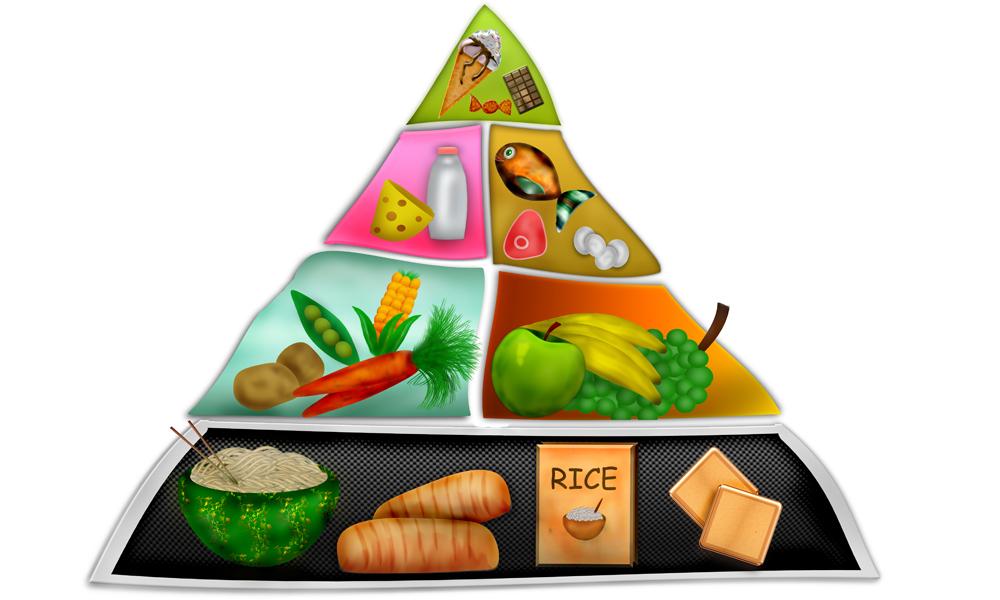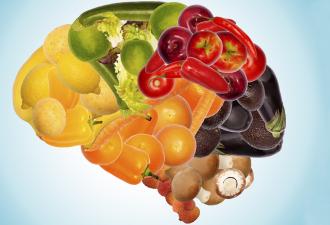
Start its life providing the foundation of proper nutrition
Parents' choice for their infant's diet significantly affects its health and weight in later life. Studies show that breastfeeding reduces the risk of ear infections, stomach virus infection and childhood leukaemia.
First year of life is the one that have the highest growth rate. During the first six months most babies double their weight and up to the first year they triple it. The growth curves allow easy evaluation of the adequate development of the infant, while providing data to avoid excessive weight. Increased weight in the first year has been associated with increased risk of obesity in childhood. But it is unusual to have to reduce the amount of milk and other nutritious foods because of excessive weight gaining during the first year of infant's life.
Nutritional schedule for children up to 2 years
Each child is unique. Has its own preferences. But it is necessary to find those dietary choices that will allow adequate coverage of nutritional needs, to ensure the desired development and shaping of children's organism.
Up to the 6th month: In this period, the infant covers all its nutritional needs from breast milk. If the mother decides to stop breastfeeding or to supplement it, choosing a baby milk can be a good choice. We recommend using organic milk. According to studies, reduces or eliminates the risk of allergies. Cow's milk should not be given in any case, until the completion of the 1st year of life.
4 - 6 months: Most babies are ready to start eating solid food. During this time they continue to get more of the nutrients they need from milk. At the same time the use of enhanced grain in cream and fruits help to increase iron stores
7 – 10 months: Most babies are ready to try alone, with hands, properly prepared foods. Also they are ready to drink water from special glass. The process encourages the maturation of the child.
10 – 12 months: the child can consume small pieces - mouthfuls of cooked and soft food.
1-2 years: Children continue to constantly improve the feeding capacity. They may be present at the family table and eat the food of the family, properly prepared. You should avoid the increased use of spices. The risk of chocking is increased and you should always pay attention.
Advice
The nutritional information and recommendations on infant-toddler diet are indicative and refer to general guidance for this age group. Time that every child can be introduced to solid foods or add more to it’s diet, must be individualized. We recommend to set advise from your pediatrician about the specific nutritional needs of your child.











